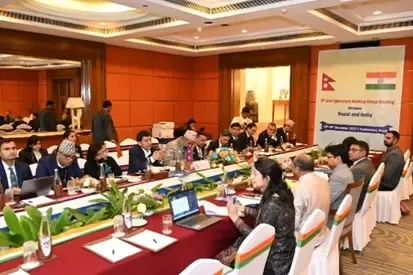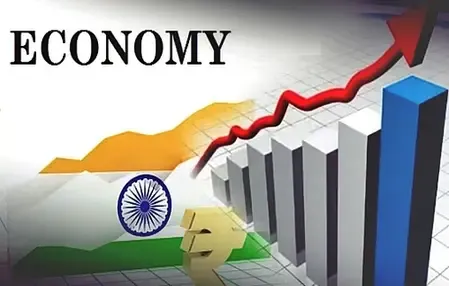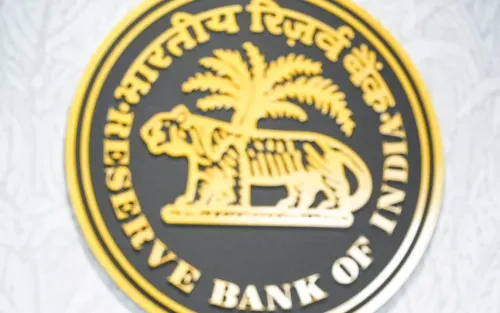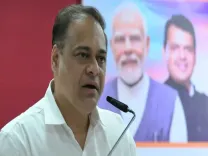India Set to Emerge as a Reliable Link for Global Connectivity via IMEC: Piyush Goyal
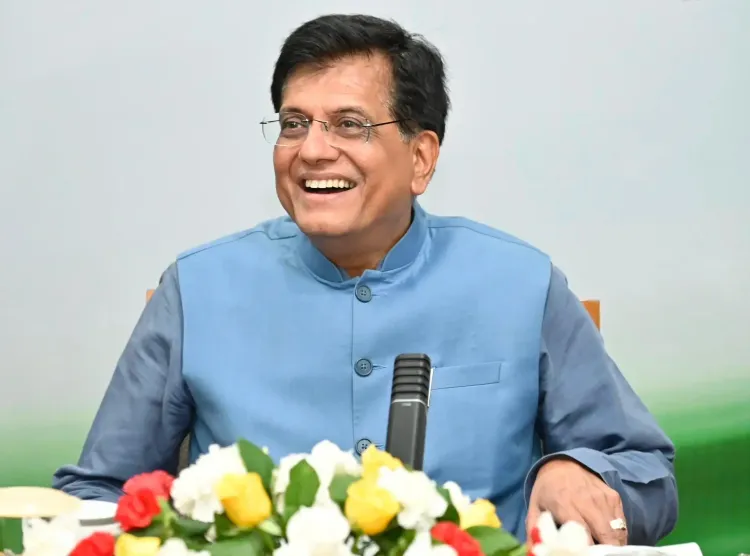
Synopsis
Key Takeaways
- IMEC is a modern-day Silk Route promoting equal partnership.
- Logistics costs could drop by 30% and transport time by 40%.
- Focus on sustainability and digital connectivity is paramount.
- Public-private partnerships are essential for IMEC's success.
- Engagement with industry experts and academia is vital.
New Delhi, April 17 (NationPress) The nation is on the verge of becoming a reliable link for global connectivity through the India-Middle East-Europe Economic Corridor (IMEC), stated Union Minister of Commerce and Industry, Piyush Goyal.
During an event, Goyal emphasized that IMEC is a significant testament to the leadership and collaboration of India, the Middle East, and Eastern Europe, representing a visionary concept that has captivated global attention.
The minister articulated that IMEC transcends a mere trade route; it is a modern-day Silk Route — promoting a partnership of equals that nurtures synergy, connectivity, and inclusive prosperity.
“This initiative will cut logistics costs by as much as 30 percent, decrease transportation time by 40 percent, and establish seamless trade connections across continents,” he remarked, adding that “We are not just linking trade; we are connecting civilizations and cultures — from Southeast Asia to the Gulf, from the Middle East to Central Europe.”
Pointing out its potential influence, Goyal mentioned that IMEC could boost connectivity to Africa via the Middle East.
The corridor will comprise railways, roadways, energy pipelines, and clean energy infrastructure, including undersea cables. “India is already negotiating with Singapore on clean energy transmission. We are also in discussions with Saudi Arabia and the UAE,” he noted.
Goyal emphasized the corridor’s focus on sustainability and digital connectivity. “This initiative honors sovereignty and territorial integrity. It is not about dominance or forming economic unions. It is a partnership grounded in mutual trust, inclusivity, and sustainability,” he stated.
The minister then outlined five crucial recommendations for advancing the IMEC initiative.
First, Goyal highlighted the necessity of perceiving IMEC as a Public-Private Partnership (PPP). He asserted that relying solely on the government would hinder its effectiveness and financial sustainability.
He advocated for a collaborative approach where the private sector leads, contributing its practical expertise, requirements, and innovative capabilities.
Second, he stressed the importance of focusing on Regulatory Connectivity, extending beyond mere physical infrastructure.
Third, he pointed out the need for Innovative Financing Models to support both the corridor's development and the trade it will facilitate.
Fourth, he urged proactive engagement with industry bodies and trade associations, asserting that their perspectives are vital for crafting a corridor that aligns with actual business needs.
Lastly, Goyal proposed involving think tanks and academia in the visioning and design process, noting that these institutions contribute creativity, research strength, and long-term perspective.


